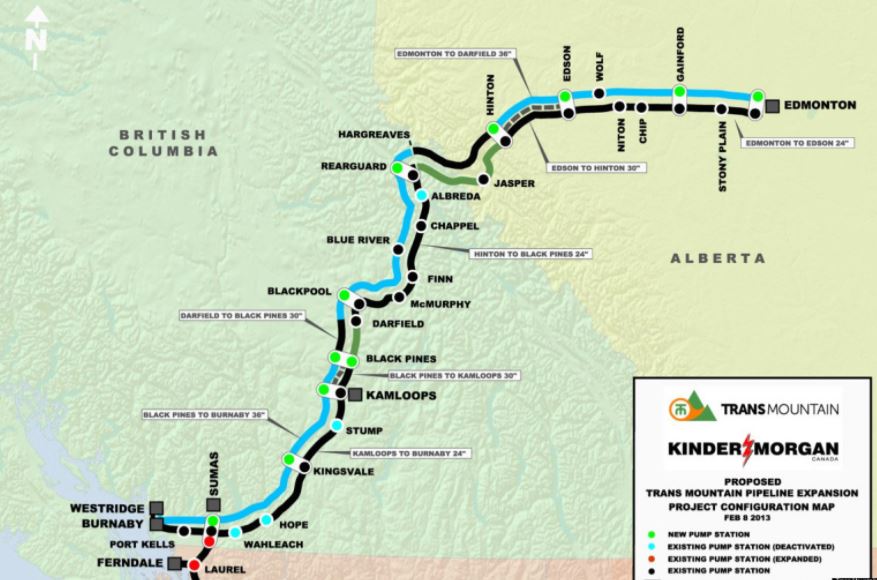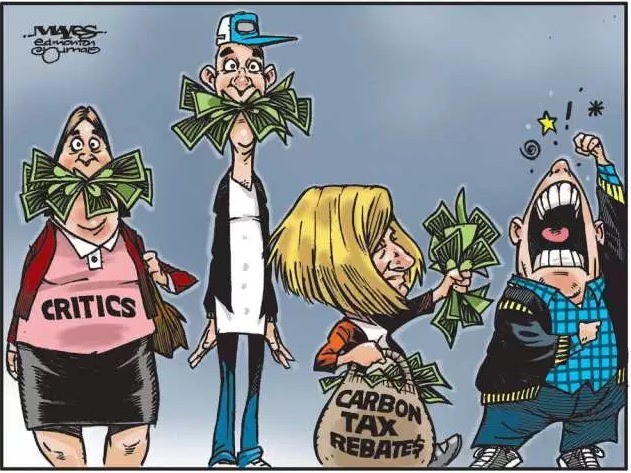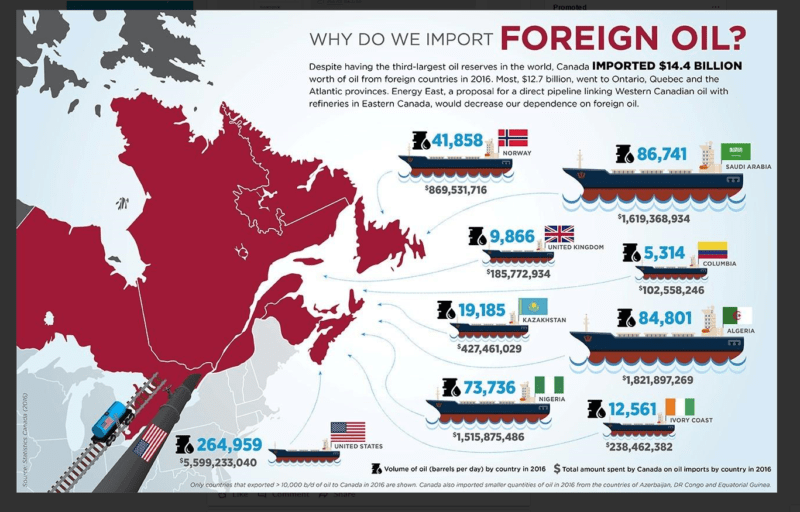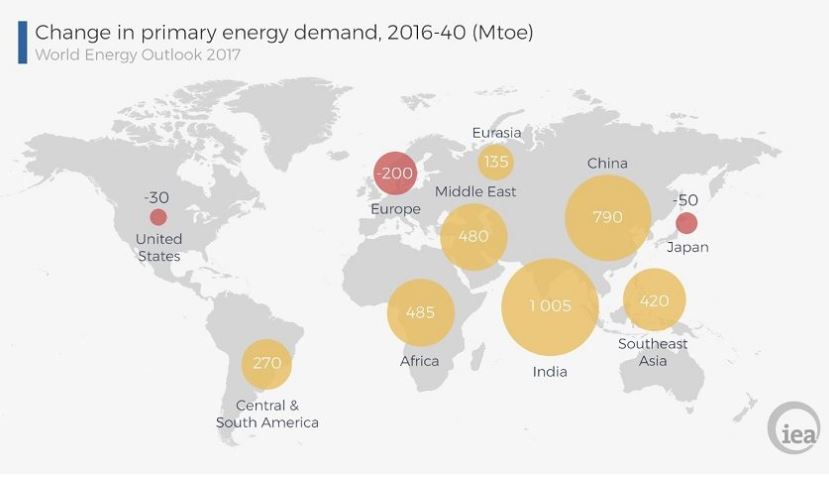Twinning the Kinder-Morgan Trans Mountain Pipeline Is Now Too Big To Fail
Should the Province of Alberta buy the Trans Mountain Pipeline from Kinder-Morgan if they want to walk away from the project? That question was posed to Alberta Premier Rachel Notley today and she responded with an emphatic ‘Yes!’.
It has become abundantly clear, whether you are for or opposed to this particular pipeline or not, that having the relatively simple twinning of the existing Trans Mountain pipeline fail to be built would signify the end of even medium scale infrastructure projects in Canada.
 There will always be interest groups and affected people that have some legitimate claim against a large project. The standard for projects should not be keeping everyone happy. The standard for infrastructure projects MUST be if they are in the national interest. That national interest contains a giant list important factors including:
There will always be interest groups and affected people that have some legitimate claim against a large project. The standard for projects should not be keeping everyone happy. The standard for infrastructure projects MUST be if they are in the national interest. That national interest contains a giant list important factors including:
- environmental concerns
- affected citizens needs and wants
- global competitiveness concerns
- financial concerns
- public safety
- …











